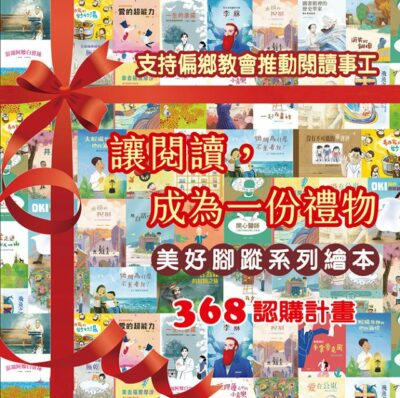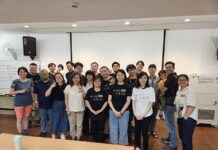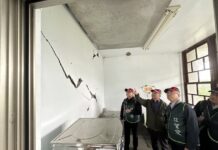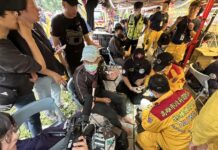January 16-22, 2012
Headline News
Vote-buying in indigenous communities a serious problem, says PCT
Reported by Chiou Kuo-rong
Written by Lydia Ma
To stop the unhealthy culture of vote-buying in indigenous communities, PCT Indigenous Committee and Chinese Regional Bishops’ Conference Indigenous Committee called a press conference on January 11, 2012 to voice their opposition to vote-buying. The two religious committees are influential among indigenous communities and the press conference was called as a response to instances of vote-buying in some communities, which had resulted in some people being investigated and others being detained.
The day following this press conference, a rally was held on Ketagalan Boulevard and many indigenous organizations took part in that rally to make a stand against vote-buying. Some representatives urged indigenous peoples to reject vote buying because it would compromise their rights to self-rule. “In the past, candidates supported by corporations and political parties lied to us using money. To make things worse, our future is now in their hands,” said singer-actress Paicu Yatauyungana of the Tsou tribe, who is better known by her Chinese name Kao Hui-chun.
Out of the 6 seats reserved for indigenous representatives, this election yielded 4 legislators from the KMT, 1 legislator from the Non-Partisan Solidarity Union (NPSU), and 1 legislator from the People’s First Party. Mayaw Biho, a prolific Aboriginal documentary filmmaker, who contested and lost in this election as a NPSU representative, alleged that indigenous peoples are often offered an amount ranging from NT$500 to NT$2,000, and sometimes even more, when vote-buying occurs in indigenous towns. “Vote-buying certainly isn’t an indigenous tradition!” he said angrily. “It was brought in by the Han civilization. It’s not indigenous peoples’ fault, but an evil practice brought in from the outside by the KMT!”
PCT General Assembly Indigenous Ministry Committee Secretary Omi Wilang, who is also Secretary of Indigenous Peoples Action Coalition of Taiwan, underscored that some indigenous candidates who won in this election were not only familiar faces, but also among those under investigation for vote-buying. “For this reason, I’m concerned about the future of indigenous peoples,” he said.
Omi Wilang added that all pastors must play a proactive role in stopping vote-buying. He explained that vote-buying is especially prevalent among wealthy indigenous people who have been seduced by rewards from the KMT and some of them may even be church elders with the authority to hire and fire pastors. For this reason, he urged pastors to be courageous and to exercise good judgment, even if it means risking their jobs.






